Introduction: Journey into the Mind Imagine walking through a crowded room. You’re having a conversation, reading facial expressions, and interpreting intent—all without giving it much conscious thought. These little everyday feats fall under the umbrella of social cognition, the mental operations underlying interactions with others. Now, imagine a world where these operations are not automatic […]
Author: Michael Carter
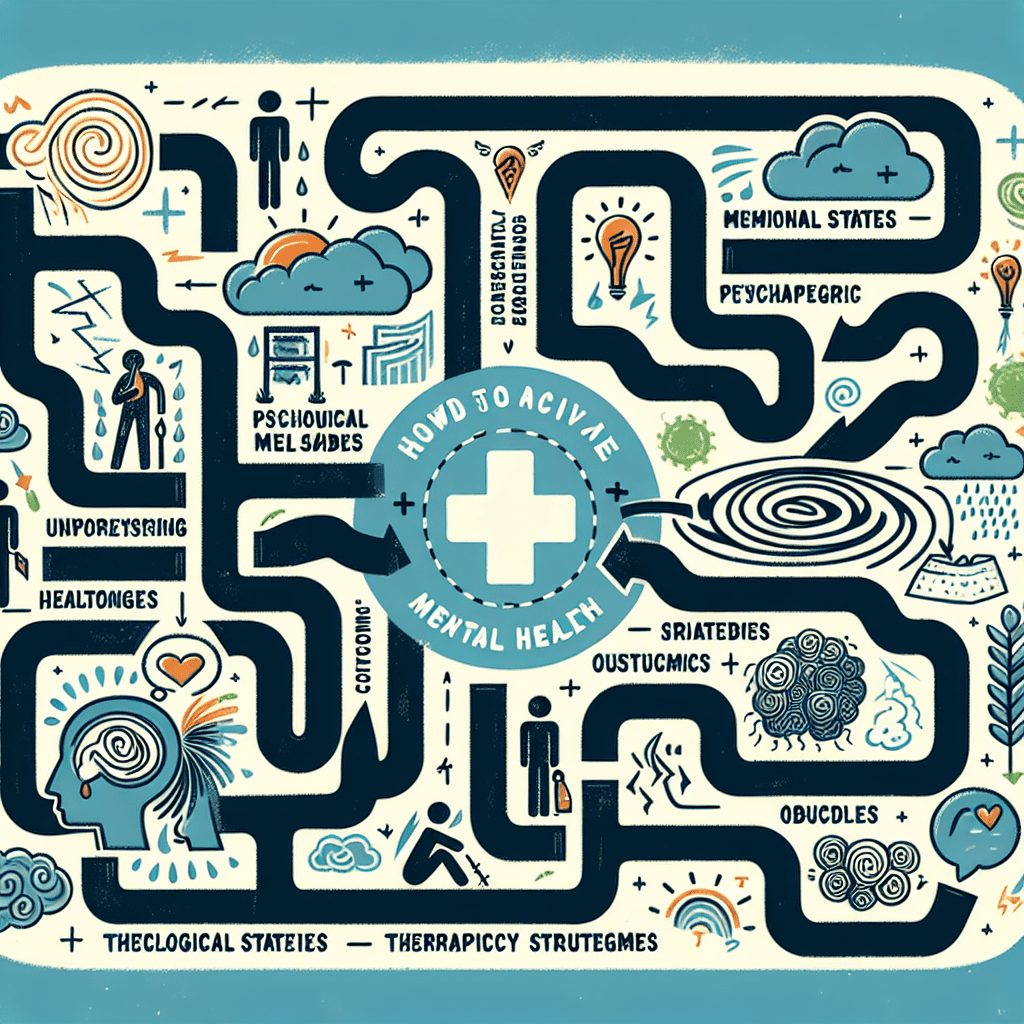
Navigating the Emotional Maze: Understanding Psychological Well-being in Anxiety Disorders
Introduction: Decoding the Emotional Labyrinth Picture this: the mind as a vast, complex labyrinth where emotions and thoughts wander. Those with generalized anxiety disorder (GAD) often find themselves lost within, unable to escape the constant clutches of worry. This condition, one of the most common anxiety disorders, brings with it an insidious cycle of unending […]

Navigating the Complex Relationship Between Daydreams, Wandering Minds, and Restless Nights
Introduction Imagine engaging in daily activities, only for your thoughts to drift away suddenly to an intricate fantasy world. This isn’t just your average daydream—it’s a phenomenon called maladaptive daydreaming, where the urge to escape into one’s imagination is so strong, it disrupts daily life. At the same time, mind wandering—a notion more universally experienced—invites […]
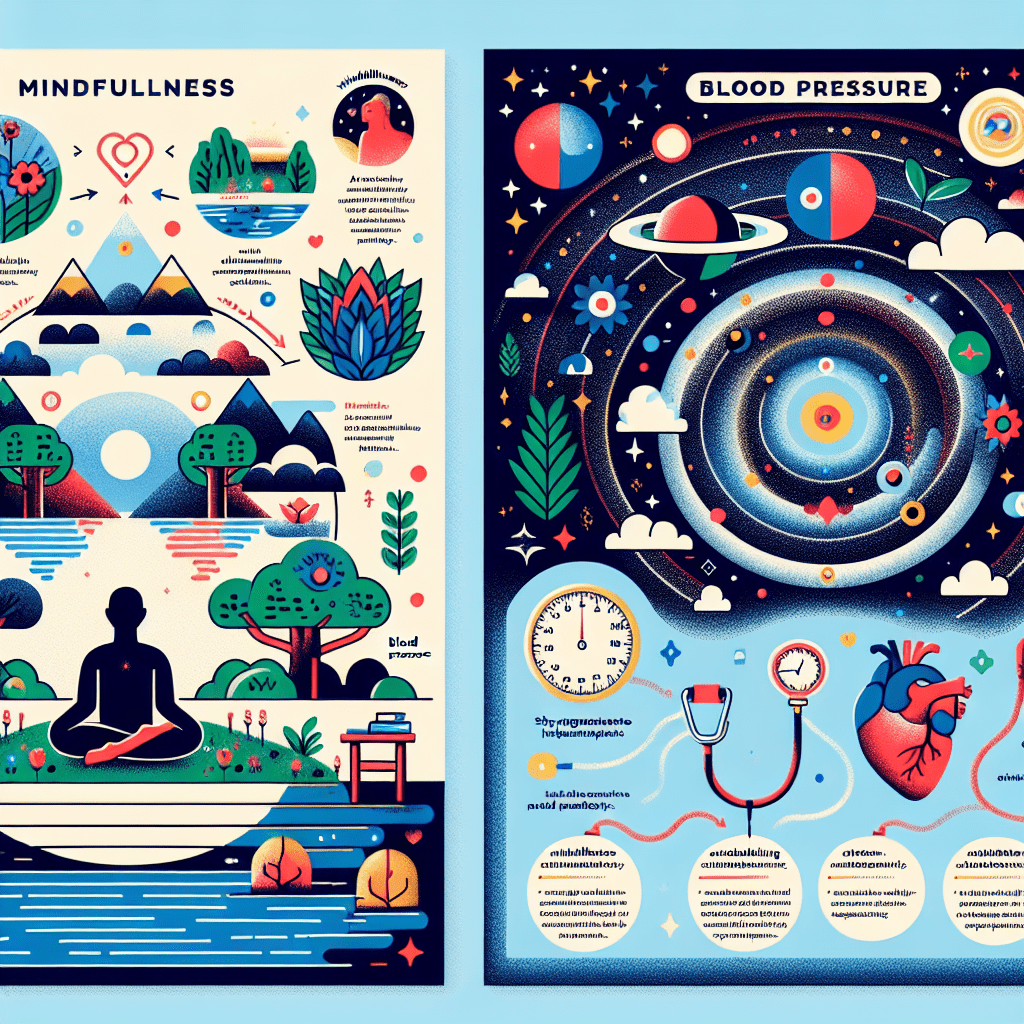
Mindfulness and Blood Pressure: A Calm New Approach
— Introduction Imagine if all it took to lower your blood pressure was a shift in focus—a simple transformation of the mind. That’s exactly the promise behind a novel approach called Mindfulness-Based Blood Pressure Reduction (MB-BP). In a world where heart health often relies on medication and strict lifestyle changes, this innovative method suggests that […]
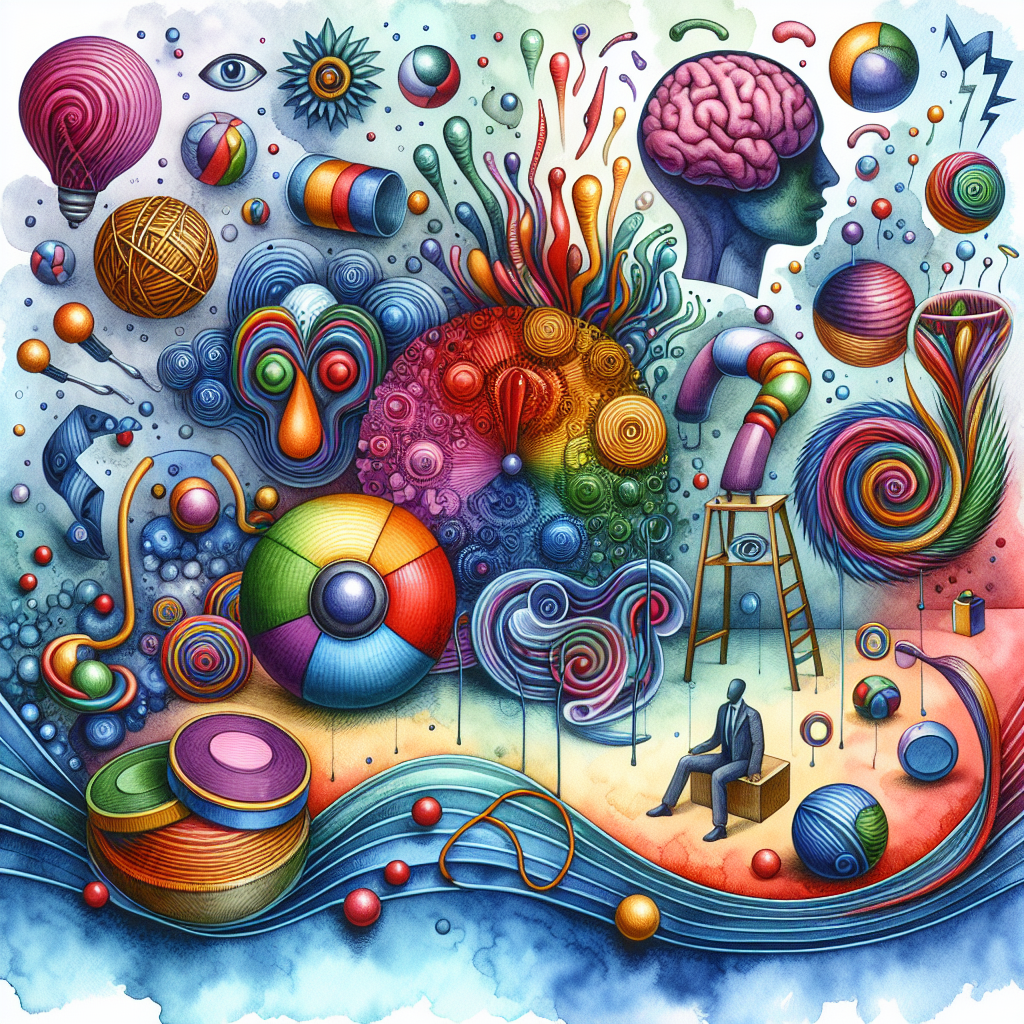
Testing the Tiny Thrivers: Understanding Motor Skills in Our Youngest Learners**
Introduction: Cracking the Code of Kids’ Motor Skills Imagine watching a group of children energetically playing in a park. Their ability to skip, hop, and grasp is seamlessly entwined with their development, yet beneath these simple joys lies a complex web of skills that intrigue researchers worldwide. The [research paper](https://doi.org/10.1371/journal.pone.0224722) titled “Concurrent validity and discriminative […]
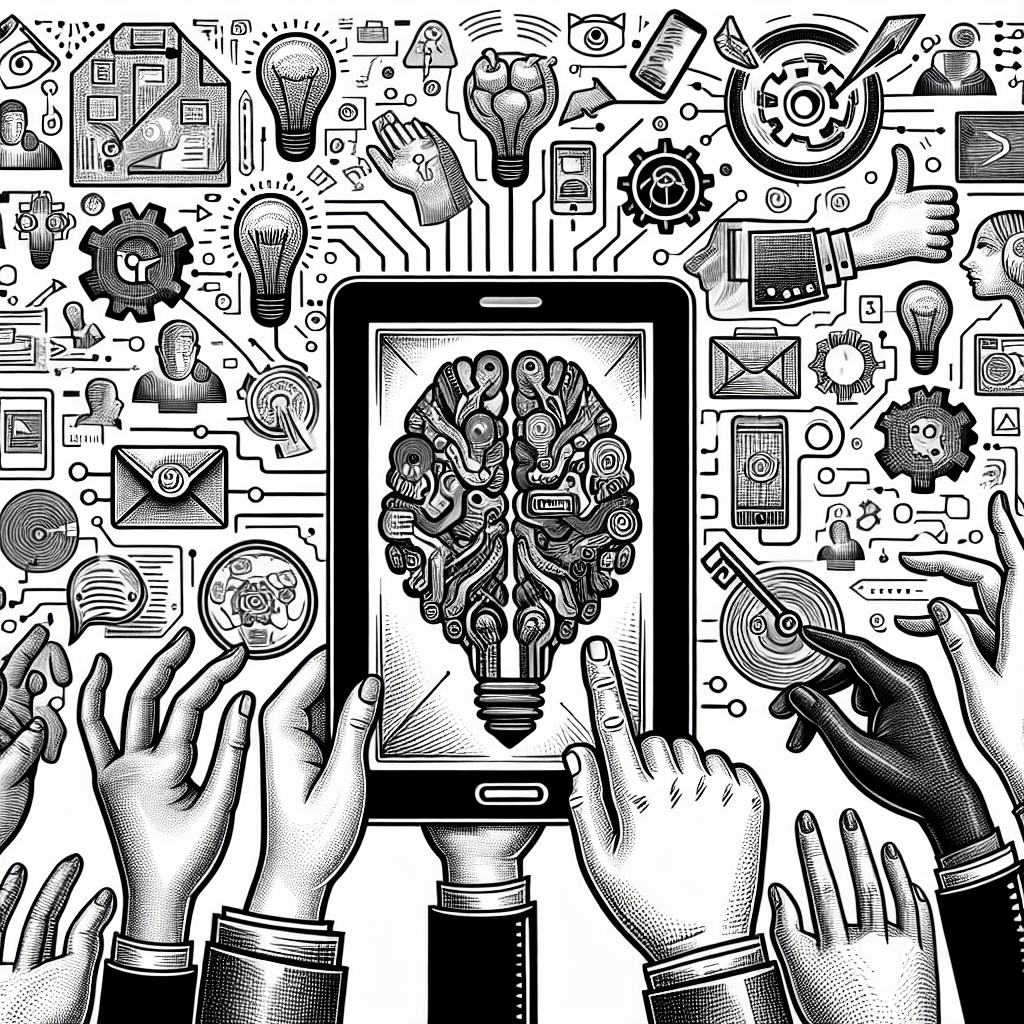
Empowering Informed Decisions: Insights Into a Digital Tool for People with Intellectual Disabilities
Introduction: Unveiling the Power of Choices Imagine standing on the precipice of a momentous decision—one that could significantly impact your life and well-being. For many of us, making an informed choice involves evaluating various aspects, from risks and benefits to potential outcomes, a task inherently challenging yet essential. But what if you had an intellectual […]
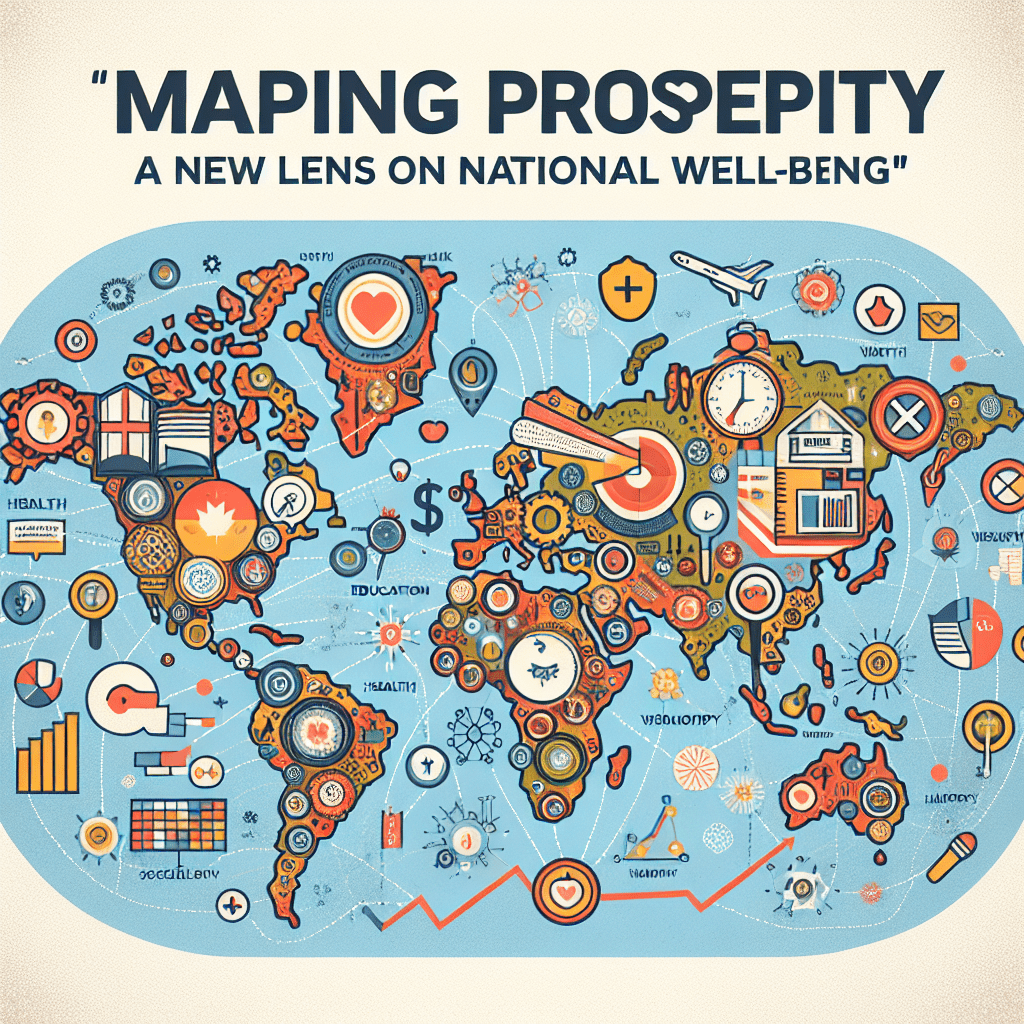
Mapping Prosperity: A New Lens on National Well-Being
Introduction: Redefining National Success What makes a country truly prosperous? For decades, we’ve relied on economic indicators like GDP to gauge a nation’s success, but these numbers barely scratch the surface of what it means to thrive. Enter the research paper ‘A multidimensional understanding of prosperity and well-being at country level: Data-driven explorations’. This study […]
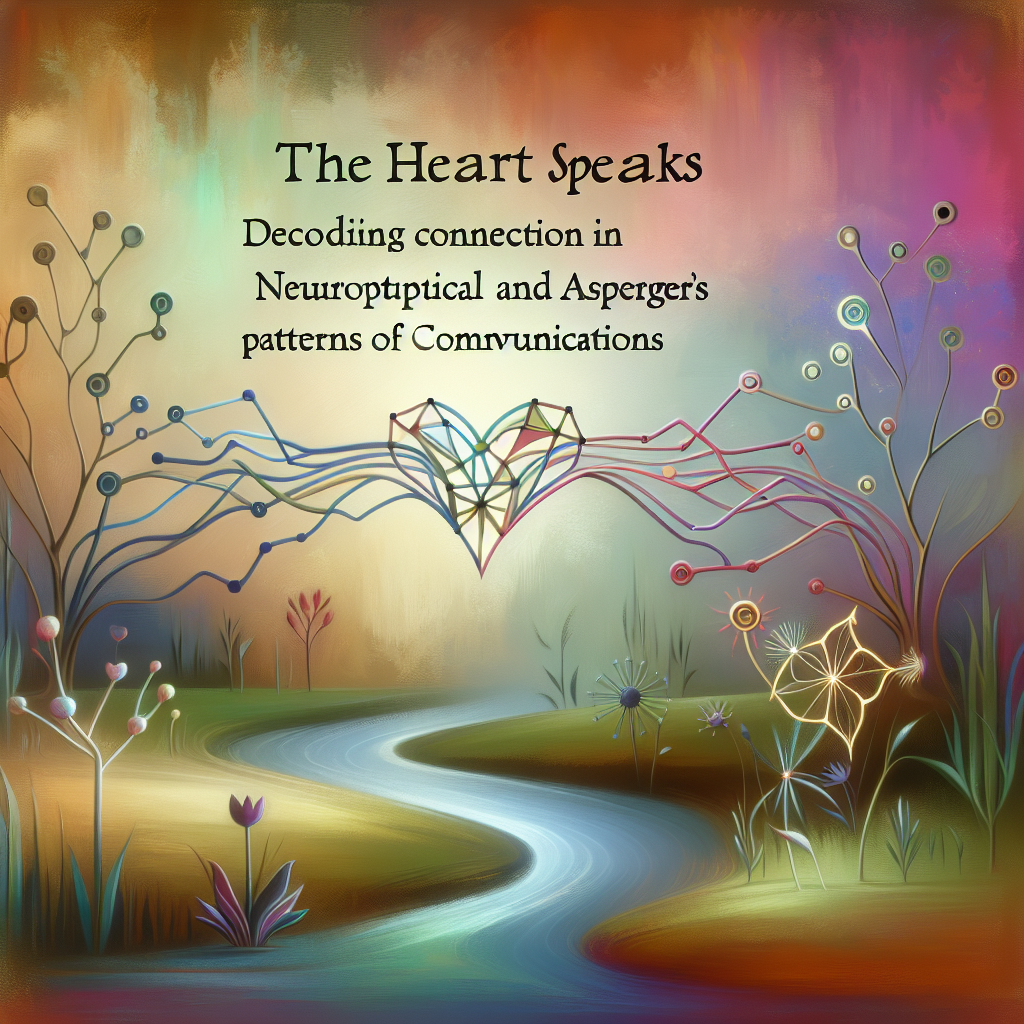
The Heart Speaks: Decoding Connection in Neurotypical and Asperger Conversations**
Introduction: Unlocking the Secrets of Social Interaction Imagine sitting across from a friend, sharing a laugh or an intense discussion. You might not realize it, but beneath the surface, your body is buzzing with invisible signals responding to this seemingly simple interaction. However, what if your body’s response to these signals felt entirely different? This […]
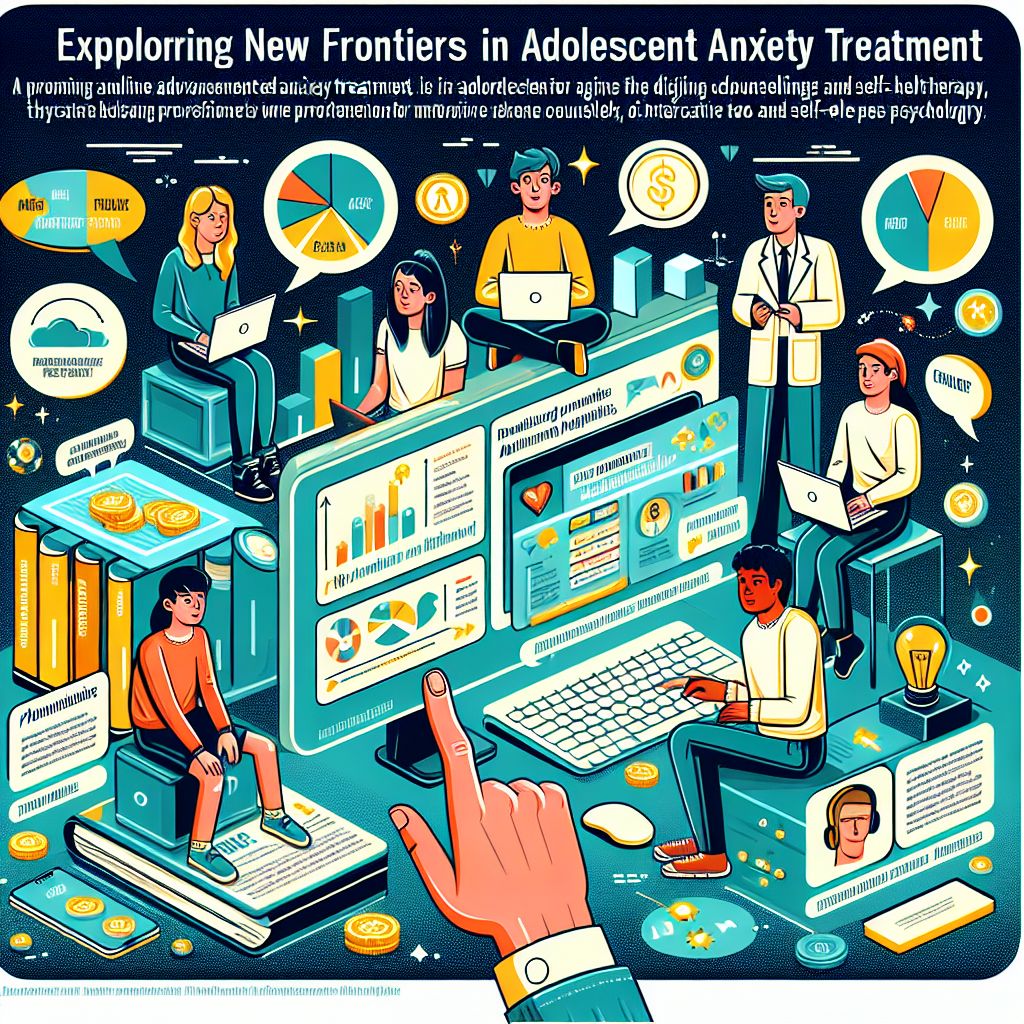
Exploring New Frontiers in Adolescent Anxiety Treatment: The Promising World of Internet-Based Therapy
Introduction: Teen Angst in the Digital Age Imagine being 15 again. You’re dealing with peer pressure, navigating identity, and juggling academic demands. Now, add anxiety into the mix. This is an all-too-common scenario for many teens today, with anxiety disorders affecting millions worldwide. Despite high prevalence, access to effective treatment remains a challenge. But what […]

Reading Minds: Unraveling Nonverbal Communication in Bipolar Disorder
Introduction Imagine stepping into a room, where everyone seems to be speaking a silent language with signs, glances, and gestures. This silent communication, often more powerful than words, is what psychologists call “nonverbal signals.” Now, picture navigating this unspoken world with impaired vision—this is the reality for many living with bipolar disorder, even when their […]
